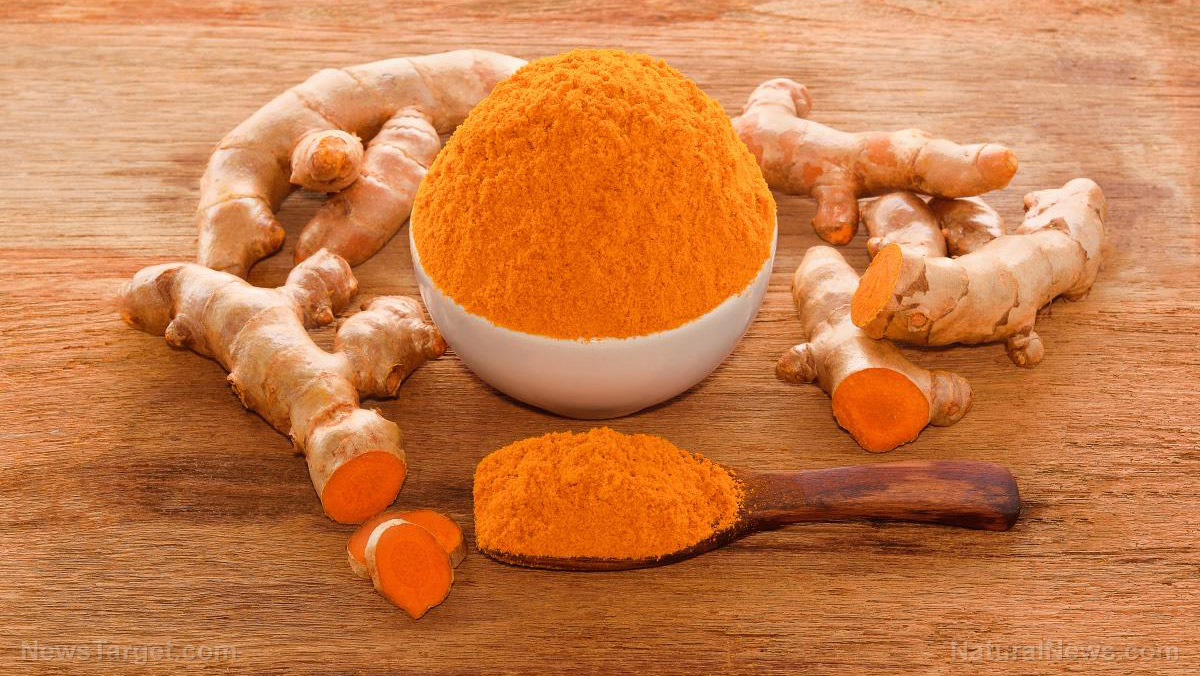 Parler
Parler Gab
Gab
"Fascinatingly, liver microvasculature in curcumin treated group developed into regenerate and repair into healthy and normal characteristics." They concluded: "These results optimistically demonstrated the potential use of curcumin as a novel therapeutic agent in liver pathology of diabetic rats.Curcumin is actually one of the world's most thoroughly studied and well-characterized natural compounds, with over 5100 references in peer-reviewed publications. Over 1400 of these have been selected for inclusion in our database, and indicate its value in over 500 health conditions. Considering its remarkably wide range of therapeutic benefits, it is not surprising that curcumin has been researched to either prevent or treat, liver disease. For example, you can view 36 studies on curcumin's anti-liver cancer properties here: curcumin liver cancer. Perhaps even more impressive are these 78 studies on curcumin's liver-protective properties: hepatoprotective properties of curcumin. Another 30 studies indicate its profound value in improving liver fibrosis. There are also a broad range of therapeutic effects relevant to diabetes, as illustrated by the screenshot of the section on our database below.

- NSAIDs (non-steroidal anti-inflammatory drugs)[i]
- Hydrocortisone[ii] (for inflammation)
- Prednisone[iii] (for inflammation)
- Corticosteroids (uveitis)[iv]
- Memantine and Diclofenac[v] (for memory)
- Atorvastain (for inflammation-mediated endothelial dysfunction)[vi]
- Dexamethasone (lung transplantation or injury)[vii] [viii]
- Fluoxetine [Prozac] and imipramine [Tofranil] (depression)[ix]
- Acetylsalicylic acid (Thrombosis and Arthritis)[x]
- Quinidine (myocardial ischemia)[xi]
- Oxaliplatin (Colorectal Cancer)[xii]
- Metformin (Gluconeogenesis/Blood Sugar)[xiii]

Read more at: GreenMedInfo.com
Survival essentials: Best budget-friendly foods for prepping
By HRS Editors // Share
7 Healthy reasons to eat more garlic every day
By News Editors // Share
‘Eliminate him’: A look at the violent rhetoric against Donald Trump
By News Editors // Share
Mandating COVID shots ‘one of the greatest mistakes,’ former CDC chief says
By News Editors // Share
Jordan Peterson demands Elon Musk enact mass censorship to stop people from making fun of him
By News Editors // Share
Ivermectin’s neuroprotective properties could protect against damage from EMFs, vaccines
By Ethan Huff // Share
Governments continue to obscure COVID-19 vaccine data amid rising concerns over excess deaths
By patricklewis // Share
Tech giant Microsoft backs EXTINCTION with its support of carbon capture programs
By ramontomeydw // Share
Germany to resume arms exports to Israel despite repeated ceasefire violations
By isabelle // Share









